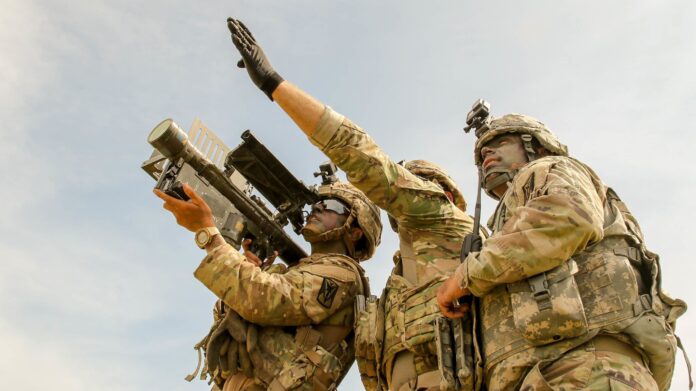Author: Michèle A. Flournoy
Affiliation: Center for a New American Security
Organization /Publisher: Foreign Affairs
Date/Place: May 4, 2021/USA
Type of Literature: Article
Word Count: 4497
Keywords: United States, National Security, Great-Power Competition, China, Russia
Brief:
In this article by the Chair of the Board of Directors of the Center for a New American Security, the author discusses that the great-power competition has remained a significant challenge to US national security from Obama to the Trump administration. In 2012 the defense department adopted a policy that “US forces will no longer be sized to conduct large-scale, prolonged stability operations” such as Iraq and Afghanistan, but the 2016 defense strategy moved again to great power competition. For the Trump administration, the “Inter-state strategic competition,” not terrorism, was the primary concern in US national security. The author argues that in all these challenges, the US military has changed far too little to counter the growing threats being posed by China and Russia. Some necessary steps have been taken to foster defense innovation, but bureaucratic inertia has prevented new capabilities and practices from being adopted with speed and scale. The author suggests that the current US administration and Defense Department’s leadership must take much more prominent and bolder steps to maintain the United States’ military and technological edge over great-power competitors. Because of the United States’ ability to deter coercion, aggression will be at stake in the coming decades. The US requires some fundamental reforms in organizational culture but also restored incentive structures and greater accountability. The US military must revise its fighting tactics and the technological and operational investments necessary to secure its edge. In the next four years, the Defense Department’s actions—or inaction—will determine whether the United States can defend its interests and its allies against great-power threats for the next four decades. The author concludes that the US needs to maintain its ability to deter coercion because it would have security benefits and help to reverse the narrative of US decline and bolster American confidence at home. The US needs to reinvest in domestic drivers from innovation and infrastructure to education and immigration. This moment offers a chance to do more than strengthen the military. It is a chance to strengthen the country.
By: Razia Wadood, CIGA Senior Research Associate




